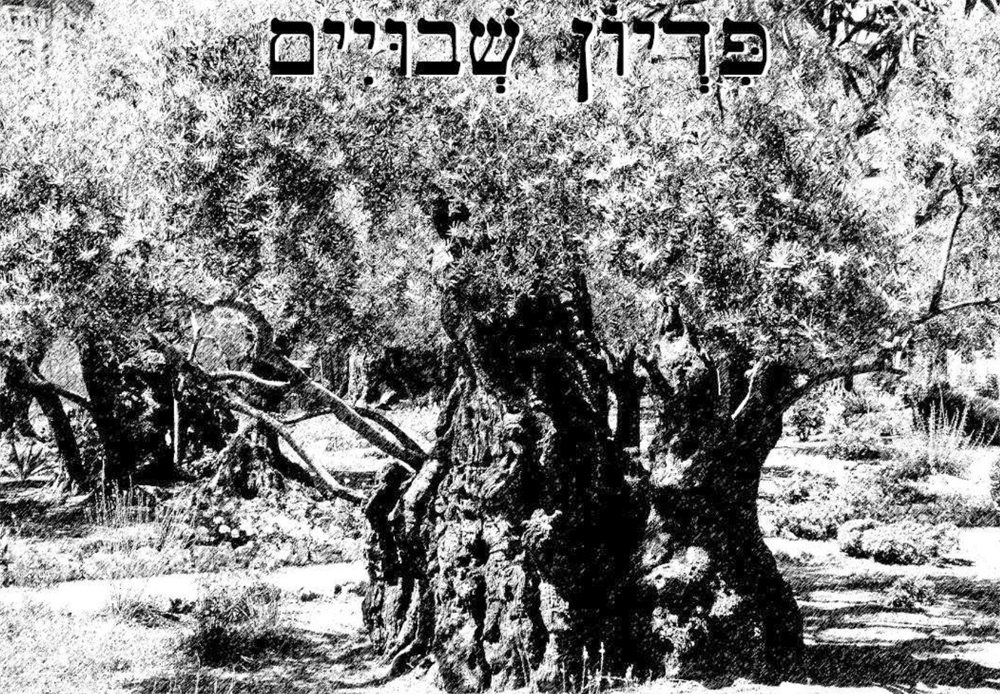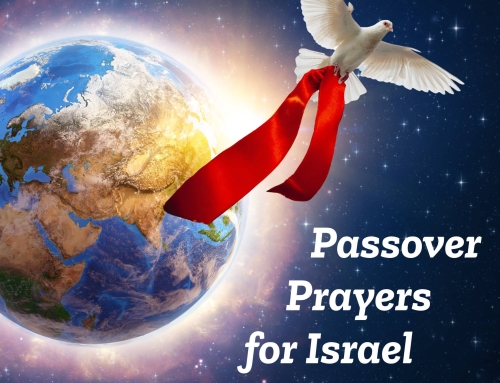By John David Pitcher Jr., MD
In Judaism, a mitzvah refers to commandments commanded by God. The Great Mitzvah, or Mitzvah Rabbah, is the duty of Pidyon Shvuhim, literally, “redemption of captives.”
It is first described in the Torah in Genesis 14:4b-17 in the account of Abram rescuing his nephew Lot from being taken captive by four kings including Chedorlaomer, also within the first account of war in the Torah.
Many Jewish sages have commented on this account, and one Jewish source has attributed the rout of the kings to the Holy One. Abram and his men never had to shed blood in the battle. The believer in Yeshua might ask, “Is there any verification of this claim in the New Testament?” For the New Testament is concealed in the Old Testament, and the Old Testament is revealed in the New Testament.
Over 490 words from the 70 Rabbis’ translation of the Hebrew Scripture into Greek (the Septuagint) in Genesis are used in sectional order in the book of Hebrews. The section of Genesis 14:4b-17 describing the rescue of Lot by Abram lines up with three in-common words to Hebrews 4:10-13 and qualifies as a Midrash, a Jewish commentary on the Torah that has not previously been considered to answer the question, “Did the Holy One fight for Abram?”
Note the Midrash in Hebrews by Paul, including a favorite verse of many believers in Messiah, is drawn out of the account of captive Lot:
“For he who has entered into his rest has himself also rested from his works, as God did from his. Let’s therefore give diligence to enter into that rest, lest anyone fall after the same example of disobedience. For the word of God is living and active, and sharper than any two-edged sword, piercing even to the dividing of soul and spirit, of both joints and marrow, and is able to discern the thoughts and intentions of the heart. There is no creature that is hidden from his sight, but all things are naked and laid open before the eyes of him to who we must give an account.”
The Midrash, for those not familiar, has four levels: the surface, the suggestion, the sought after, and the secret.
Without looking at the other levels of Midrash, the secret of the Midrash is seen by finding the Messiah within the section of the Source Text of the corresponding section of the Midrash.
The Torah holds a wonderful secret that is revealed with “the word of God is living and active, and sharper than any two-edged sword, piercing even to the dividing of soul and spirit, of both joints and marrow,” clearly drawn from the battle of the four kings.
The Apostle John gives an additional fact understood by the First Century believer in Messiah, that Messiah is the Word of God, in the first verse of the Gospel of John:
“In the beginning was the Word, and the Word was with God, and the Word was God.”
From the Torah, it is Messiah that redeems the one held captive. It was the pre-incarnate Messiah, the Word of God, sharper than any two-edged sword, who fought the battle for Abram to redeem Lot. The duty of Pidyon Shvuyim, “redemption of captives,” has been fulfilled in Messiah, foreshadowed by the battle with the four kings and fulfilled at Calvary on Golgatha.
That reminds me of a very old olive tree in the Garden of Gethsemane that is said to have been alive early in the First Century and witnessed that duty of Pidyon Shvuyim, the Great Mitzvah by Yeshua the Messiah. The Hebrew of the transliterated “Pidyon Shvuyim” is above a sketch of the witness of that event, that old olive tree.
If you haven’t entered the rest offered by Messiah, but are still trying to achieve right-standing before God by works of your own, why not accept the release from captivity that Messiah offers and enter into the rest that only he gives, even right-standing before God in Messiah today, and ask Yeshua the Messiah to be your Redeemer today!








Leave A Comment